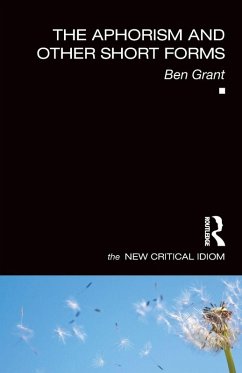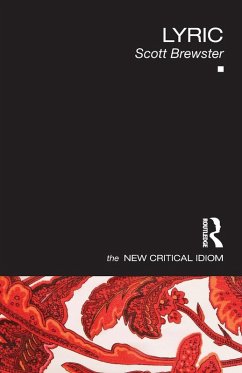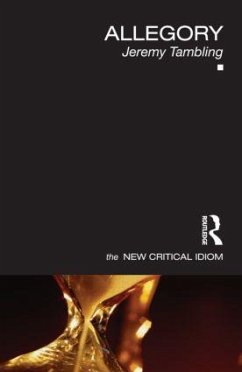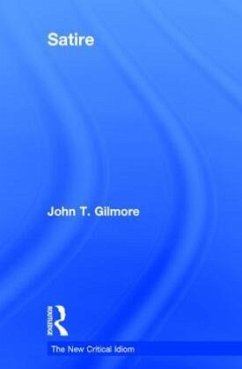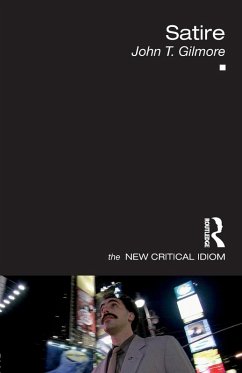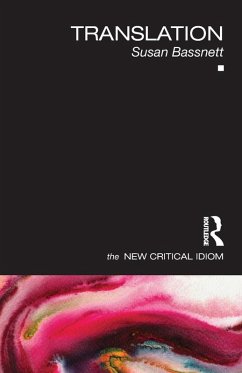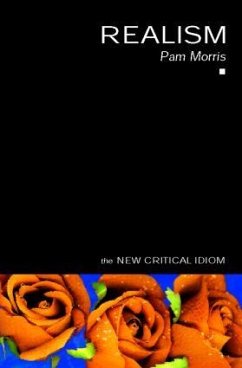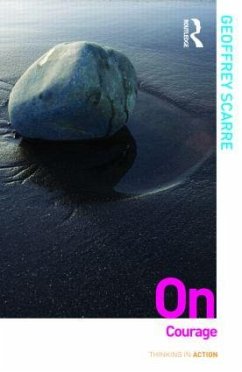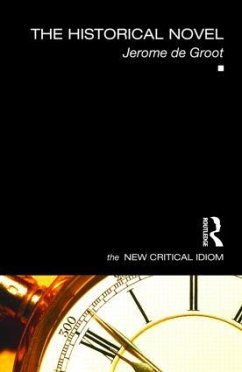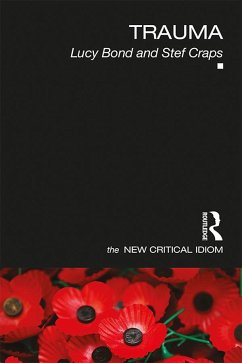
The Aphorism and Other Short Forms
Versandkostenfrei!
Versandfertig in 6-10 Tagen
117,99 €
inkl. MwSt.

PAYBACK Punkte
59 °P sammeln!
The aphorism captures a huge amount of truth, meaning or wit in a very short statement. It has been used and studied from classical times to contemporary theory and takes on a new relevance when we look at today's communication media such as text messages and twitter. This concise guide offers an overview of:The history of the aphorism to the present dayIts relation to other short forms, including the fragment, the proverb, the maxim, the haiku, the epigram and the quotationThe use of the aphorism by authors such as Heraclitus, Bacon, La Rochefoucauld, Chuang Tzu, Blake, Schlegel, Emerson, Nie...
The aphorism captures a huge amount of truth, meaning or wit in a very short statement. It has been used and studied from classical times to contemporary theory and takes on a new relevance when we look at today's communication media such as text messages and twitter. This concise guide offers an overview of:
The history of the aphorism to the present dayIts relation to other short forms, including the fragment, the proverb, the maxim, the haiku, the epigram and the quotationThe use of the aphorism by authors such as Heraclitus, Bacon, La Rochefoucauld, Chuang Tzu, Blake, Schlegel, Emerson, Nietzsche, Wilde, Woolf and BarthesThe interdisciplinary nature of the aphorism, bringing together science, philosophy, literature and religion
Exploring all the key aspects of the form, Ben Grant guides readers through this large and lively area in a wide-ranging and critically informed study of the aphorism.
The history of the aphorism to the present dayIts relation to other short forms, including the fragment, the proverb, the maxim, the haiku, the epigram and the quotationThe use of the aphorism by authors such as Heraclitus, Bacon, La Rochefoucauld, Chuang Tzu, Blake, Schlegel, Emerson, Nietzsche, Wilde, Woolf and BarthesThe interdisciplinary nature of the aphorism, bringing together science, philosophy, literature and religion
Exploring all the key aspects of the form, Ben Grant guides readers through this large and lively area in a wide-ranging and critically informed study of the aphorism.



